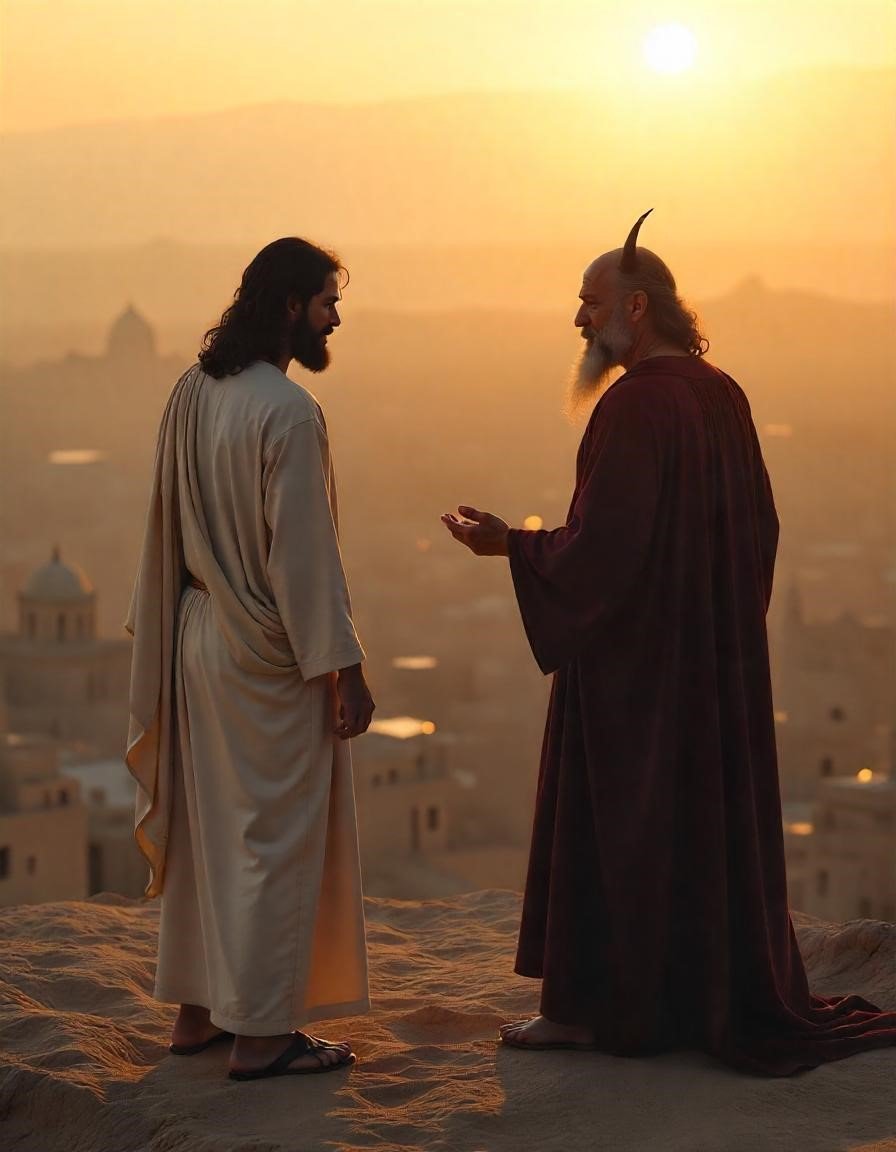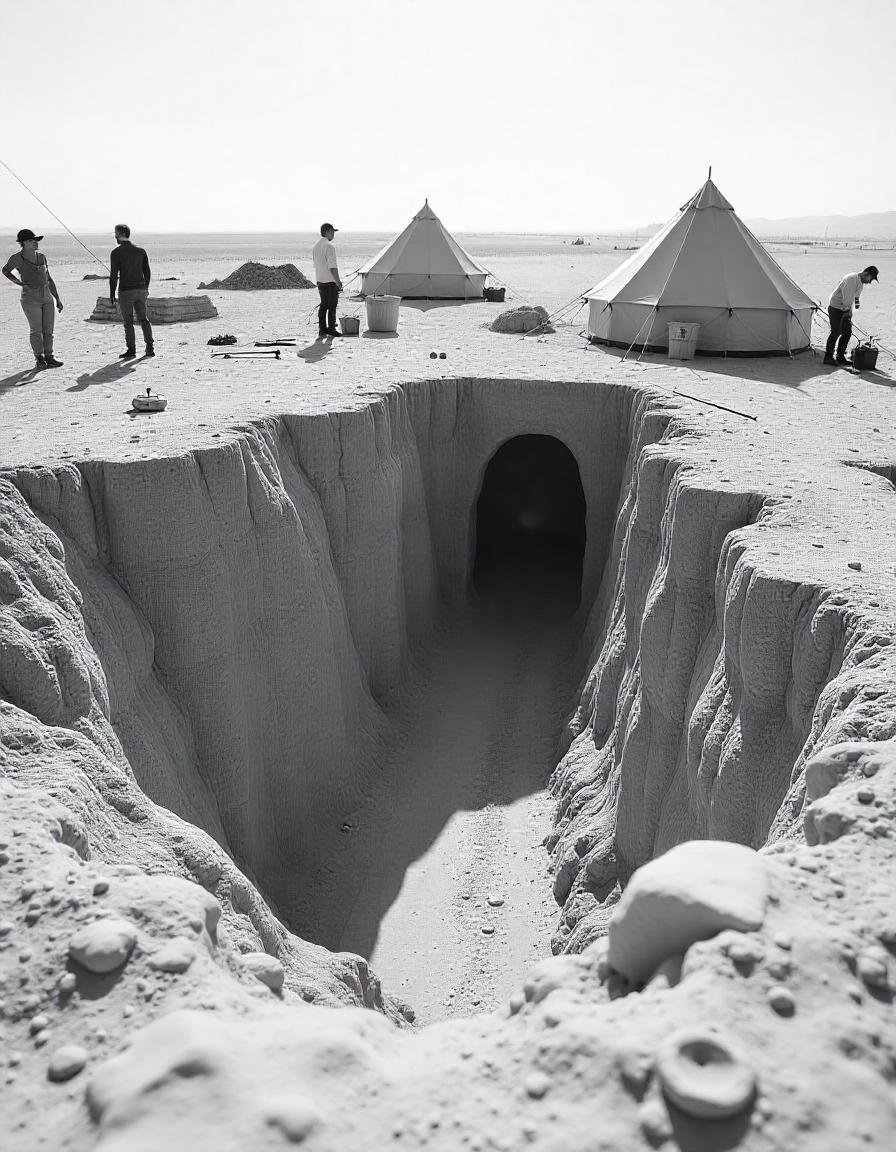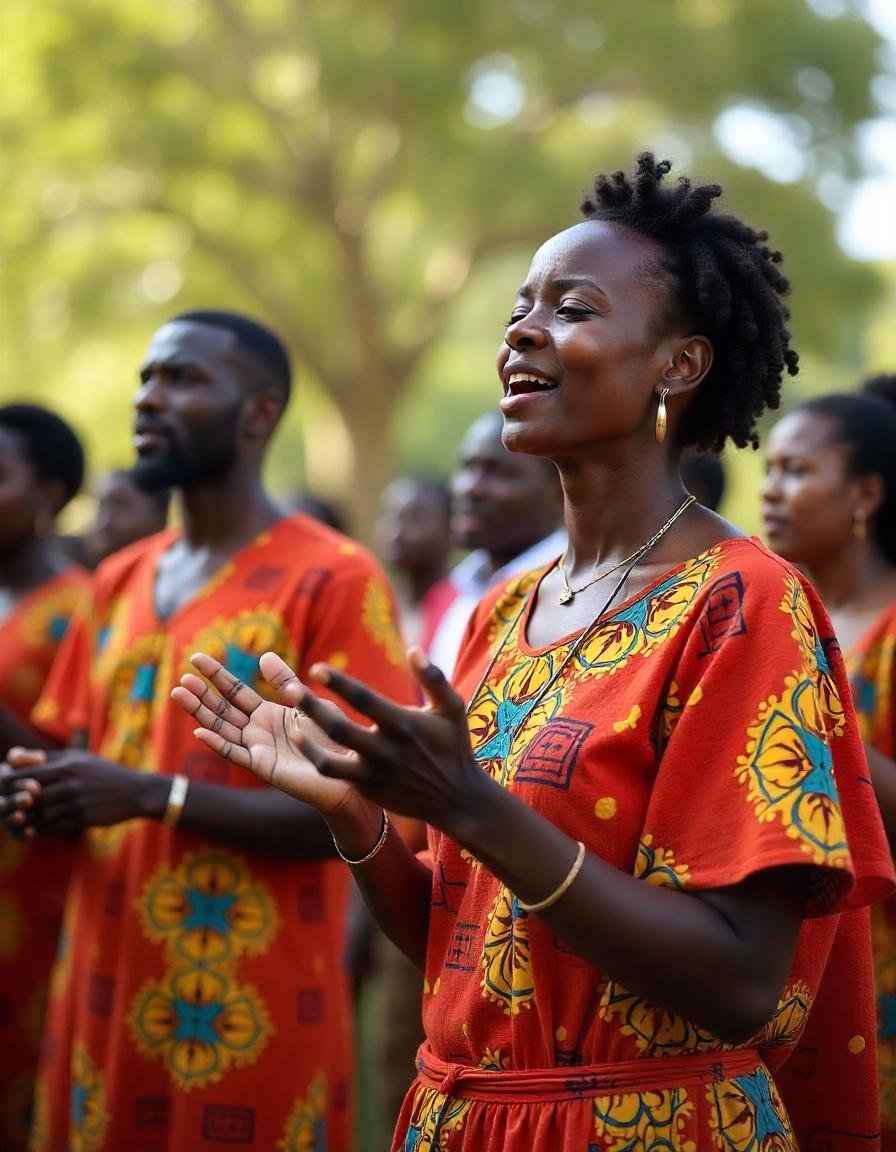Calling God to the City
Written by Rev. Dr. Scott Paczkowski
“But seek the welfare of the city where I have sent you into exile, and pray to the Lord on its behalf, for in its welfare you will find your welfare.”
When I moved to Chicago to attend Seminary in 1984, I was awed by the mass of humanity, the poverty, the wealth, and the excitement generated by the city. One of our professors, Dr. Carl Dudley, gave us valuable advice I have used throughout my ministry, “Learn everything you can about where you live. Immerse yourself!” I read a map and memorized all the major North-South, East-West roads. I learned to ride the EL train, memorizing the routes and connections. I read a book on Chicago history and went to different historical sites. To this day, I feel like a Chicagoan.
Whether we live in Chicago, Des Moines, or Shanghai, the city's benefits and burdens remain exaggerated. According to Ben Wilson, in his book on the history of the city entitled Metropolis, points out, “Technological, artistic and financial innovations occur when experts cluster: humans thrive when they share knowledge, collaborate and compete in face-to-face settings-and in particular in places that facilitate information flows.” As a result, cities in the 21st century compete for the most brilliant talent pool. Wilson continues, “Every time an area doubles in population density, it becomes 2-5% more productive.” Yet, with positives come negatives.
Today, 1 billion people worldwide live in poverty, or 1 out of 4 city-dwellers. Cities with brilliant and wealthy people need an army of low-paid infrastructure. Unfortunately, low-wage workers create an enormous gap in wages and opportunities. Living close enough to serve the wealthy urbanites is expensive, yet salaries are low, making poverty even worse in cities. Wilson says despite the challenges of cities, they are vitally important in ways you wouldn’t first imagine. Along with providing an opportunity for jobs, they are part of the answer to climate change. Living in densely populated areas make cars less critical, as people walk more and use public transportation. Everything in a city is available without a daily drive.
Today pray for our cities. Wilson affirms, “It requires widening our imaginations to embrace the diversity of what cities can be.” If we can faithfully address the poverty and other problems inherent in city life, the benefits of vast opportunities, the enhanced cluster of brilliance and achievement can carry our struggling earth to new heights of possibility. Cities are going to continue to be the center of our global lives. It is time we focus on making them as ethical and successful as possible.










